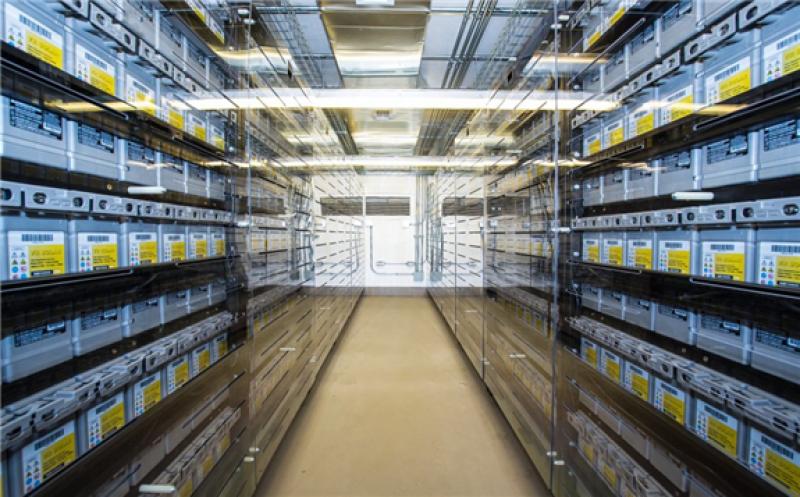A Maryland utility has gained state regulator approval to install two battery energy storage systems.

Potomac Edison will locate the energy storage projects in Allegany and Frederick counties. The latter project will be paired with a new electric vehicle fast-charging station, according to the release.
The utility proposed the projects in response to Maryland’s Energy Storage Pilot Program, established in 2019 to research new technologies which could have transformative impacts on the electric system. The state required all investor-owned electric utilities to submit at least two energy storage proposals.
The Maryland Public Service Commission approved those by Potomac Edison, which is a subsidiary of First Energy Corp.
“These two projects will allow us to evaluate the potential benefits of energy storage for our residential customers and to learn more about the interaction between energy storage systems and electric vehicle charging stations, which will help inform future grid development efforts,” said James A. Sears, Jr., president of FirstEnergy’s Maryland operations.
A 1.75-MW battery energy storage project in Allegany County, located on National Pike in Little Orleans, will be designed to provide back-up power to more than 1,000 customers in Allegany and Washington counties during outages, enhancing service reliability in an area west of the town of Hancock.
Potomac Edison plans to partner with storage developer Convergent Energy + Power on the project, which will allow Potomac Edison to determine best practices for engineering and operating a battery energy storage system as a reliability solution and will provide an opportunity for the company to learn more about its potential benefits.
Potomac Edison also will install a battery energy storage system at the Maryland Department of Transportation (MDOT) Park and Ride Lot in Urbana, located in Frederick County. The project will be adjacent to a new Potomac Edison electric vehicle (EV) fast-charging station at the Park and Ride Lot, located near the Interstate 270 and Route 80 interchange, and will bundle battery energy storage with EV charging.
In the event of an outage, the Urbana fast-charging station will be able to run off of battery-supplied energy. The battery system is expected to provide 1,000 kilowatt hours of energy, equal to approximately eight hours of uninterrupted EV charging.
Both projects are expected to be complete in 2022.